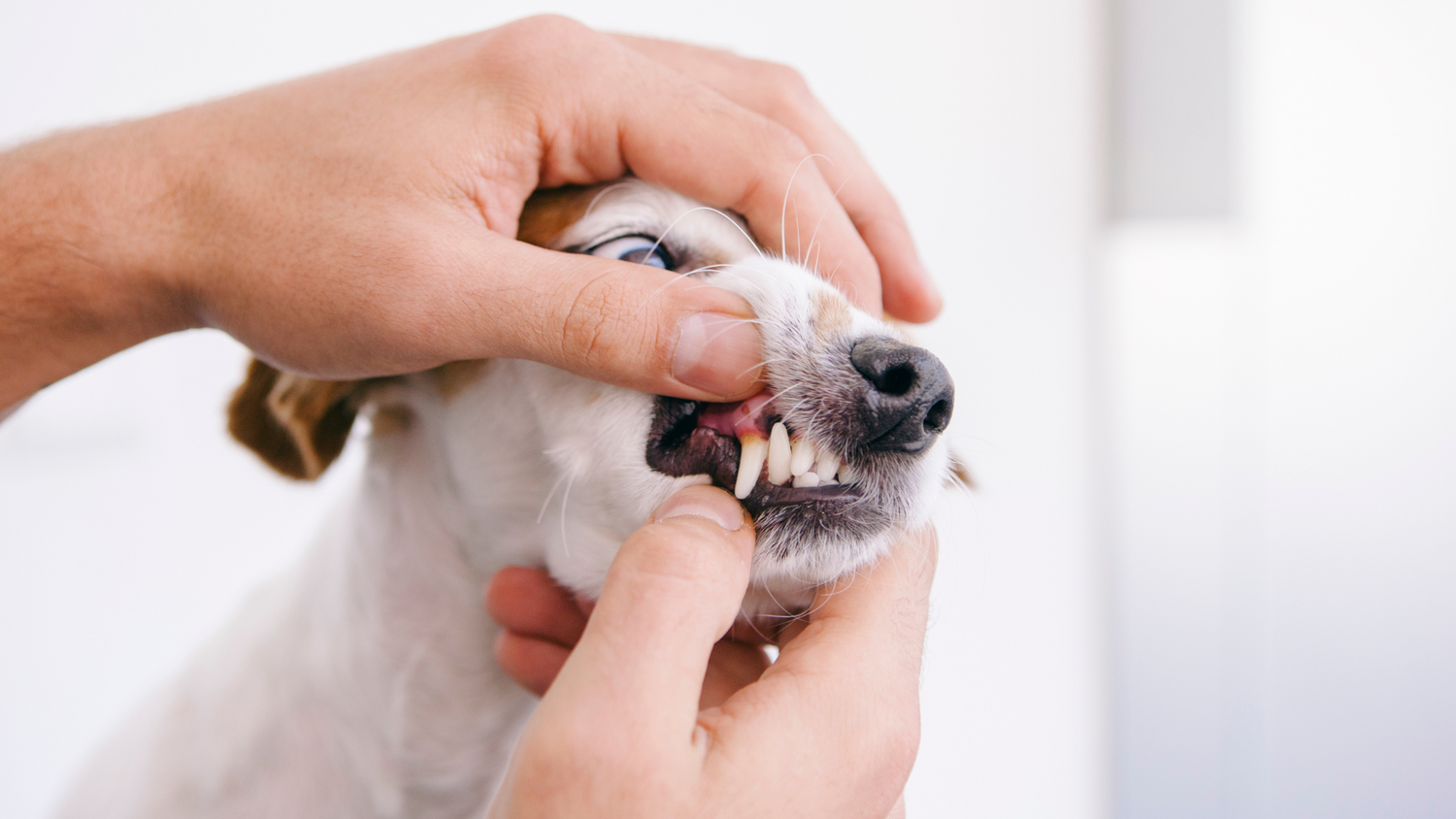When we talk about mental health, we often talk about stress and anxiety in humans, not our canine counterparts. However, just like humans, your pooch can develop mental health issues. If left untreated, this can lead to behavioral and other issues.
Our dogs are more like us than you may think. A 2013 study conducted by Emory University revealed that dogs’ brains are strikingly similar to the human brain - particularly when it comes to emotions. Like humans, dogs who are dealing with mental health conditions like anxiety or depression can self-harm and damage their overall health by not eating or exercising.
Unfortunately, our pets can’t tell us how they’re feeling; however, there are some signs that can let their humans know something is wrong. Here are a few ways that mental health issues can manifest in dog behaviour:
- Aggression and possessiveness - while this behaviour could be due to a lack of training or unfortunate breed quality; there are some cases where aggression stems from anxiety and fear. Dogs who are uncomfortable in their environment or feel they have to fight for their resources may become aggressive and possessive.
- Destructiveness - destructive behaviour is a common sign of stress, and may be in response to boredom, loneliness, or separation anxiety.
- Lack of interest in toys, exercise, and food - if your dog isn’t their normal happy and energetic self, this may be a sign of canine stress or depression, or there may be something physical going on.
- Anti-social behaviour - dogs are social by nature. If your pup is not seeking out interaction, this may be a red flag.
- Vomiting - this may be a sign of stress or physical condition.
- Excessive barking or howling - this is a common sign of distress or loneliness
Stress and anxiety in dogs
Your dog can become stressed for a number of reasons. The three most common causes of anxiety in dogs are: 1) confusion and memory loss associated with aging, 2) fear (of loud noises, large or strange objects, big groups of people and loud noises), and 3) separation.
Additionally, recent research indicates that if you’re chronically stressed, your dog could be too. This is because of dogs’ ability to interpret non-verbal cues in people, and absorb our emotions.
Common situations that may cause a dog to stress our include:
- Loud noises - dogs have super sensitive ears, so loud noises like fireworks or thunderstorms can be scary and stressful
- Moving - Whether it's moving houses, rehoming a dog, or just bringing home a dog for the first time, new environments can be overwhelming for some dogs.
- Leaving your dog alone - You may have to leave your dog at home alone for several reasons: new job, going back to work after being in COVID-19 lockdown, a day trip and so on, but for a dog that is used to having company, this may lead to separation anxiety.
- Meeting new people - not every dog enjoys being introduced to new people. Whether because of past trauma or being territorial, your dog may need time to warm up to new people. The best way to go about this is being patient and giving your dog plenty of time to get comfortable.
How to calm your stressed and anxious dog
Regular Vet Visits
Physical issues and mental health issues are often closely linked for animals like dogs. Regular trips to the vet will give you peace of mind in knowing that your dog’s physical health is in tip-top shape, and will also allow you to have a chat with an expert on a regular basis about any concerns in your dog’s behaviour.
Daily Exercise and Mental Stimulation
A little more time spent playing and exercising with your dog can make the biggest difference for your dog’s mental health! This includes mental exercises such as puzzle toys, snuffle mats or hide and seek! A lot of behavioural problems with dogs stem from having too much energy. By exercising your pup both mentally and physically before you leave the house, you’ll find the symptoms of separation anxiety are much milder.
Make Sure Their Environment is Safe & Peaceful
Some dogs have territorial aggression and prefer to have their own personal space away from other dogs and young children. One solution is to introduce crate training to give them the space they need.
Give Your Dog Some TLC
Make sure your dog is getting plenty of love and attention! You could do this by giving them a gentle massage, having a cuddle with them on the couch, or giving them a good long petting session.
Music Therapy
Music therapy has been proven to be beneficial for not only humans, but also our furry friends. Music can help alleviate noise sensitivity by blocking out loud and scary noises, and make their environment more relaxing and calming. Harp music, often used in hospice situations, can be a natural sedative!
Consider Your Own Emotional State
As said earlier, dogs can understand and mirror our emotions. Therefore, it’s a great idea to check in with yourself and ensure you’re managing the stressors in your own life so you can be fully present for your pooch.
Supplements
Pet Drs Stress + Anxiety Supplement has been carefully researched and developed by a naturopath and veterinarian to help calm and reduce the symptoms of stress and anxiety. This supplement contains natural pet-friendly ingredients that have been proven to work.
The ingredients include:
L-Tryptophan: is a natural amino acid that is involved in the production of the serotonin hormone to help relieve stress or aggressive behaviours. L-Tryptophan can also help improve sleep, increase emotional well-being and relieve depression or anxiety.
L- Theanine: is also another natural amino acid that promotes relaxation. L-Theanine offers other certain benefits such as reducing anxiety, improving cognition, lowering blood pressure and improving their mood.
L-Glutamine: is an important nutrient to sustain a healthy digestive tract. It is one of the most abundant amino acids found in our pets' bodies. It is also known as the calming amino acid as it is very effective at reducing stress and anxiety.
Magnesium: this mineral is the second most abundant mineral in your dog’s body. Magnesium is required for all your pets bodily functions, including their mood. When this mineral is abundant in the body, it produces a calming effect which plays an important role in your pet’s mental and emotional well-being.
GABA: this is one of the most important neurotransmitters in your pets central nervous system as it is responsible for regulating communication between the brain and nervous system. GABA helps to relax the nervous system and therefore reduce anxiety.
Vitamin B Complex: Vitamin B’s have numerous benefits to keep your pet happy, healthy and strong. Most importantly, Vitamin B’s help strengthen neurotransmitter signaling in your pet’s body which improves cognitive function and mood.






